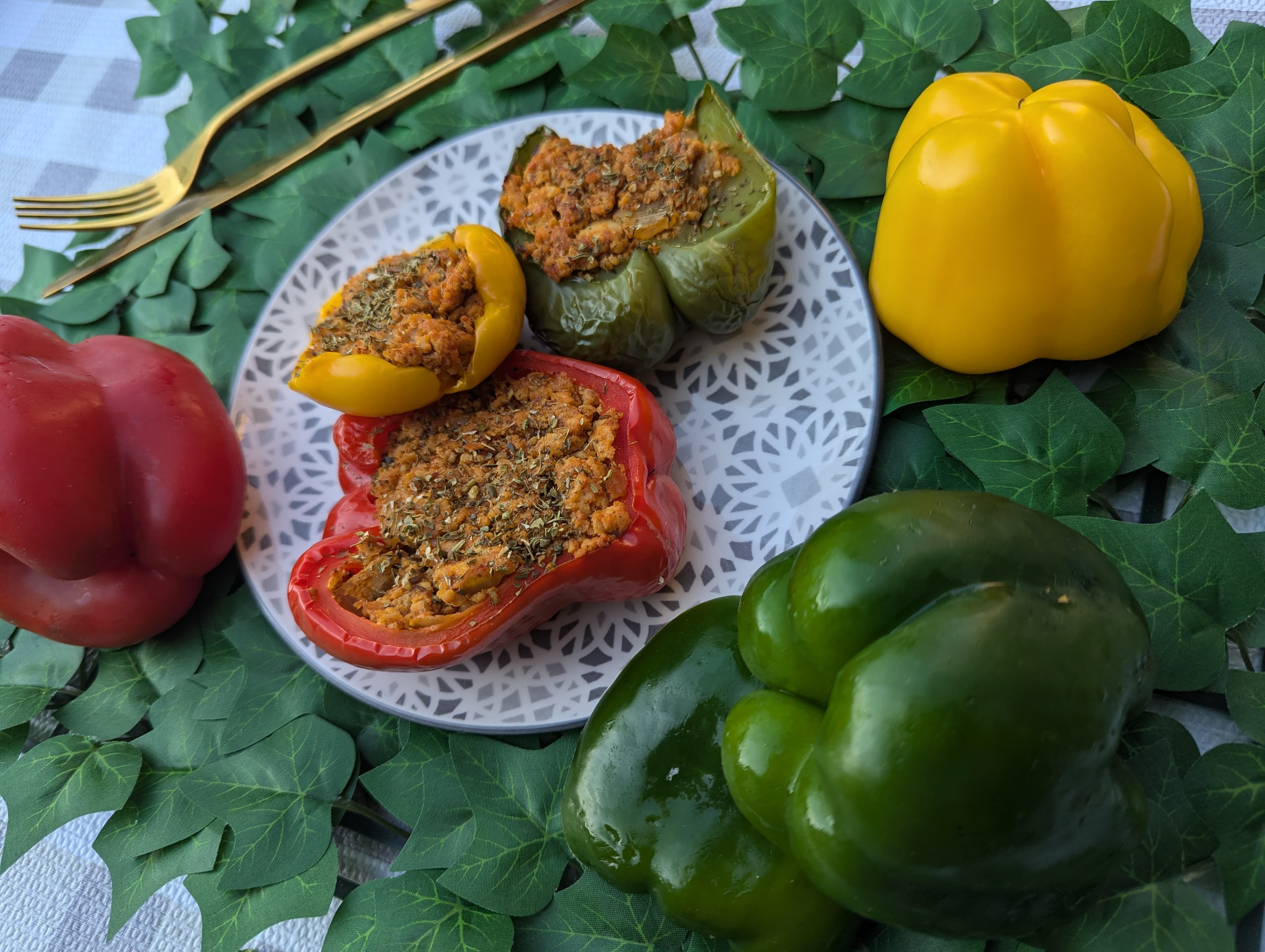
Your Goals, Our Meals.
Lose weight, build muscle, or just eat cleaner. High-protein, low-carb, and vegetarian plans made for your body.
Fresh every Tuesday · Toronto & GTA · Chef-crafted · High protein options
How it works
Three quick steps to better weekday eating.
Choose meals per week and your preferences.
Freshly prepared, chilled—not frozen.
Ready in minutes, portioned for your goals.
Butter chicken… without the butter guilt
The dish you thought was “off-limits” just became the star of your healthy week. Our keto-friendly Butter Chicken delivers the same creamy, spiced comfort — minus the overload. Balanced by our nutritionists, crafted by our chefs, and available every single week.
- ✓ High-protein, low-carb twist on a classic
- ✓ Made fresh with real spices & herbs
- ✓ Fits your weight-loss or muscle-gain goals

Prepared by our kitchen weekly, sealed for freshness.
Clear nutrition to support weight, muscle, or maintenance.
Pause, skip, or change your plan—no long contracts.
What customers say
Real results from busy pros who wanted healthier weeks.
“Portions are perfect and the flavors hit home. I’m eating better on busy weeks.”
“Macros are spot on. I don’t overthink meals anymore.”
“So fresh. So convenient. I actually look forward to lunches.”
Start from $10.39 per meal
Transparent pricing, no hidden fees.
FAQs
No—meals arrive chilled. Heat, garnish if you’d like, and enjoy.
Greater Toronto Area and expanding. Check your postal code to confirm.
Yes, you can pause or skip anytime from your dashboard.
All common allergens are clearly listed on menu pages and labels.
